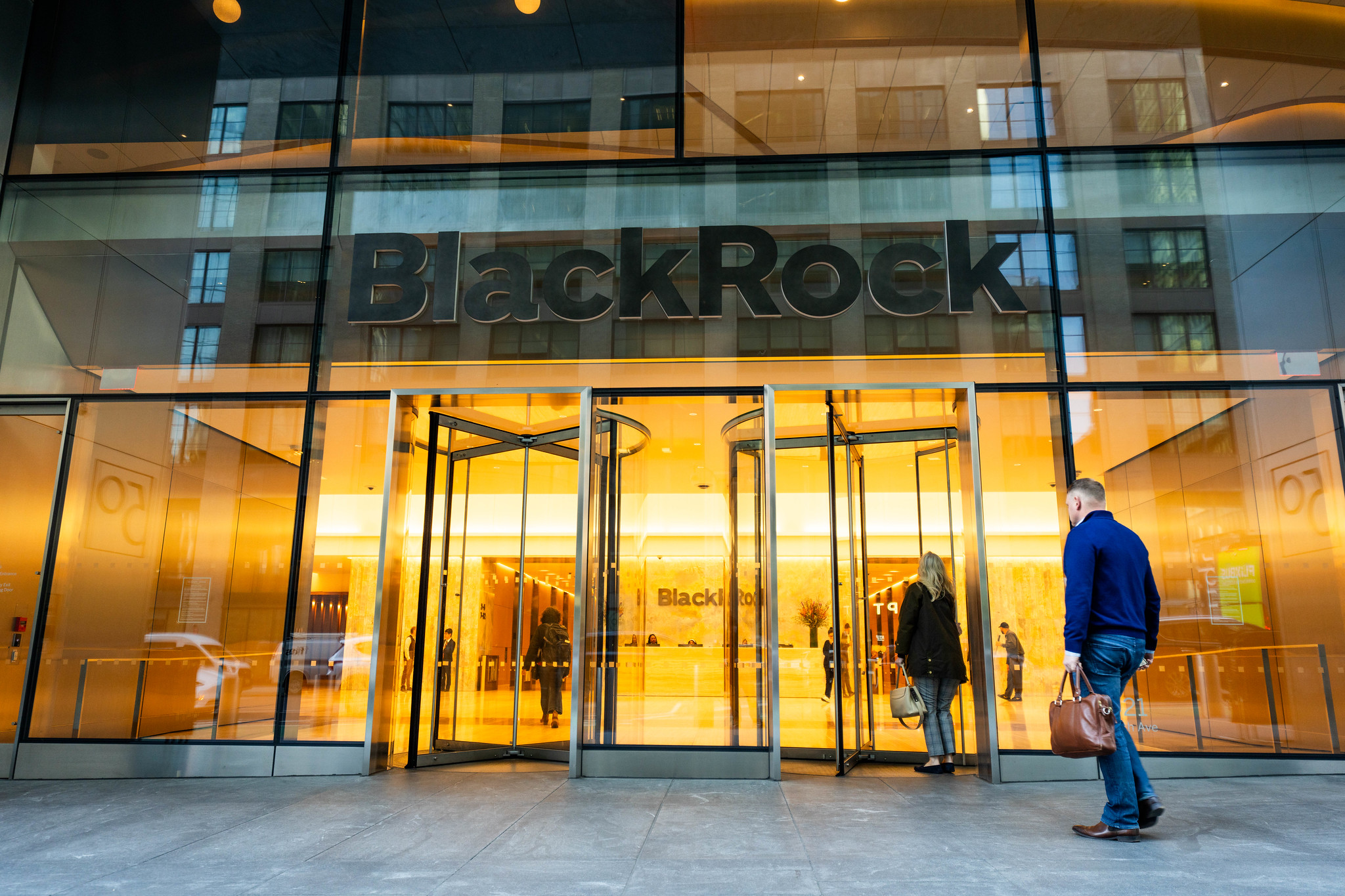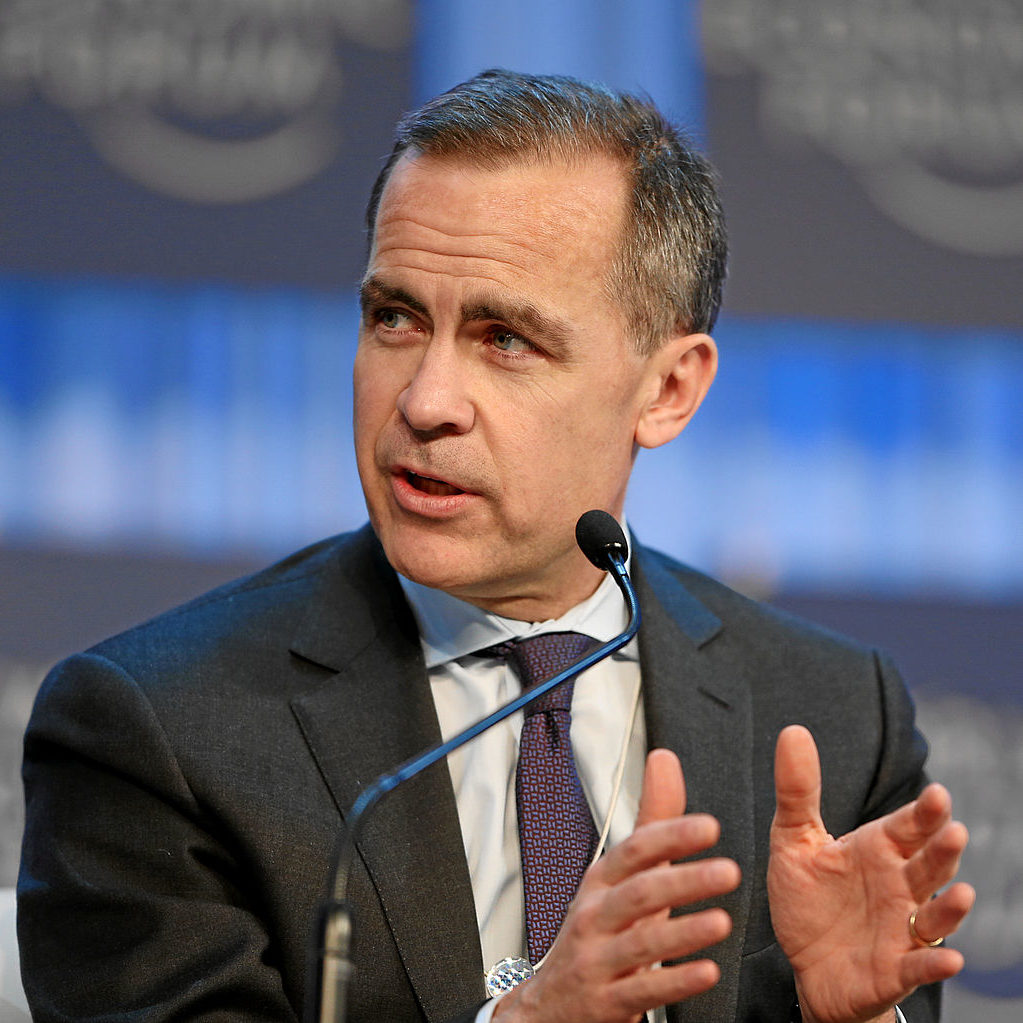Mark Carney’s US$130-trillion Glasgow Financial Alliance for Net Zero (GFANZ) has lost two pension funds and a consulting company in recent weeks, and some large U.S. and Canadian banks are threatening to withdraw because of new membership criteria requiring a fossil fuel phase-down.
GFANZ, which made international headlines and represented one of the planet’s best hopes for meaningful climate action a year ago, is facing growing discontent within its membership of global banks, insurers, investment managers and consultants, and asset owners. The displeasure, especially by large North American banks, threatens to rupture the increasingly fragile alliance.
“Those are some of the biggest players on Wall Street, and if they leave does that cause some kind of domino effect, giving the impetus to other parties to say, ‘Hey, if they left why can’t I leave?” says Baltej Sidhu, an analyst with National Bank of Canada, in an
interview with
The Globe and Mail.
Carney, the former governor of the Bank of England (and Canada) established GFANZ with billionaire Michael Bloomberg at the COP26 UN climate summit last November in Glasgow.
Under the initiative, more than 400 financial institutions from 45 countries managing assets of US$130 trillion agreed to the goal of net-zero portfolio emissions by 2050, as well as interim CO2 reductions.








